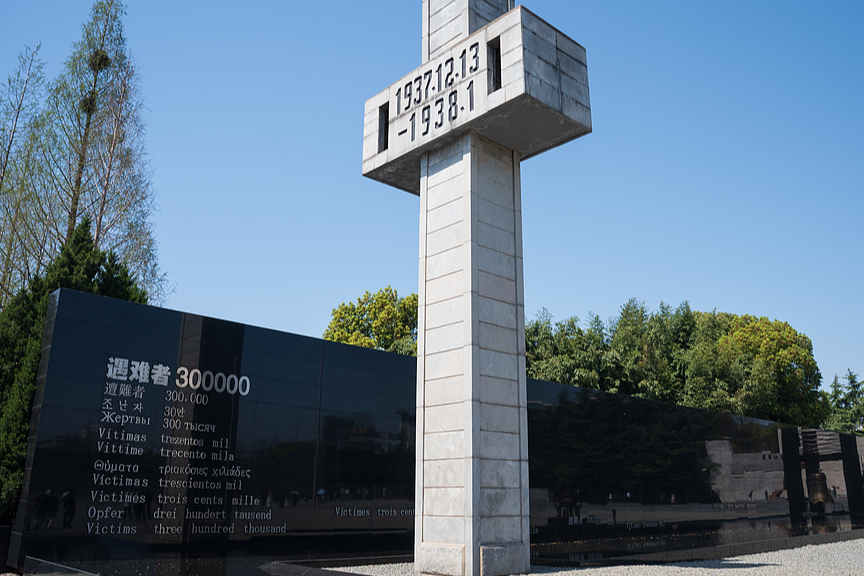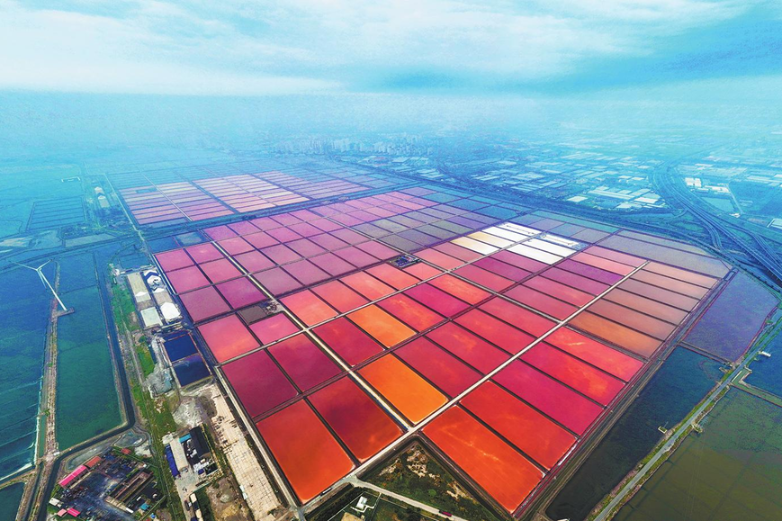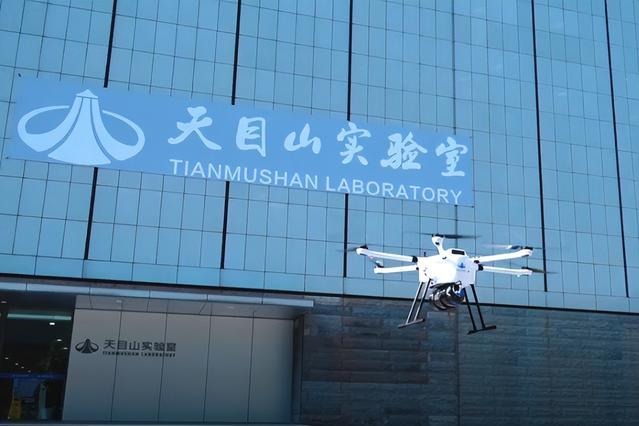German auto giant BMW steers in right direction with green approach

BMW Group involves all its partners, including dealers, in its sustainable development initiative as the German premium carmaker works toward its carbon-neutral goal by 2050.
"No premium without sustainability. BMW Group has always seen sustainability as the core of corporate strategy," said the Munich-headquartered carmaker.
Nature faces great threats as climate disruption progresses and biodiversity declines. "We must act now to protect nature as well as our own health and well-being," it said.
Oliver Zipse, chairman of the board of management of BMW AG, said the company sees the environment as an important stakeholder. BMW was the first German automotive manufacturer to join the Business Ambition for 1.5 C campaign launched by the Science Based Targets initiative, he said.
"As a result, our road to climate neutrality in 2050 follows a scientifically validated, transparent path that spans the entire value chain. That is my understanding of holistic responsibility," Zipse said.
In China, its largest market worldwide, the carmaker has unveiled ambitious battery-electric vehicle production plans to cut emissions as part of its support to help with the country's goal of peaking carbon emissions by 2030. Five fully-electric models will make their appearance in the Chinese market in 2022, including the BMW iX, BMW i4, BMW iX3, BMW i3 and BMW i7.
Besides a growing electrified lineup, the carmaker has also set emissions reduction targets that span the entire life cycle of the vehicles. By 2030, the carmaker aims to reduce the life cycle of carbon dioxide emissions of its vehicles by 40 percent compared with 2019, and reduce emissions by at least 200 million metric tons.
Meanwhile, its Chinese joint venture BMW Brilliance Automotive has won the UN Global Compact Network China Best Enterprise Practices' award for three years consecutively for its exploration, practice and performance in sustainable development. It is the only car manufacturer on the 2021 winners' list.
The carmaker is also engaging associates, dealers, customers, and the public to participate in green actions. Late last month, BMW China initiated a campaign called Every Action Counts on social media to mark the annual Earth Hour event, inviting all stakeholders to "get involved, play our part and do our best" to ensure the coexistence of humanity and nature.
Earth Hour is a global movement organized by the World Wide Fund for Nature to encourage the public to switch off their lights for an hour on the last Saturday of March every year for the sake of nature and the planet. Now for BMW, it is more than an annual event. From 2022 onward, the carmaker said it was implementing a comprehensive green and sustainable development plan among its dealerships.
Some of its dealers have already been doing their part. The photovoltaic system at Jinchang Chenbao, a BMW dealer in Hangzhou, Zhejiang province, has cut coal consumption by 7.85 tons per year and slashed CO2 emissions by 20.88 tons.
In addition to the photovoltaic system, Ningbao, a dealer in Nanjing, capital of Jiangsu province, has introduced geothermal heat pumps as well. Ningbao's photovoltaic system generates 44,733 kilowatts of power a year. The system and the heat pumps are reducing coal consumption by 123.78 tons a year, said the dealer.
In light of customer service in dealers' daily operations, BMW is also helping to adopt digital devices in sales and aftersales services, which is reducing their paper use.
Starting from November 2021, BMW Customer Support Department has been committed to replacing 1-liter engine oil plastic bottles with 5-liter and 209-liter ones.
The change may seem small, but it can save 6.5 million 1-liter bottles a year, which weigh 500 tons of plastic and 180 tons of CO2 emissions, said the company.
"Sustainable development is the core strategy of BMW Group and BMW China, and the aftersales service is an important part of the whole value chain of sustainable development. We set goals in the latest customer support development strategy and made plans for a lower proportion of carbon emissions by 2026," it said.
The carmaker has set up ReLife Point in Cangzhou, Hebei province, and more than 60 percent of its returned warranty parts are taken to the center for further remanufacturing and recycling processing.
In the process of returns, BMW strictly sorts the core parts and components to avoid any potential risks after inspection, to ensure the quality of remanufactured parts are the same as new parts.
Since 2019, BMW has gradually introduced local remanufacturing businesses in China and continuously develop local remanufactured products.
From January 2021, BMW has started to use local remanufactured products for new car warranty and quality guarantee service. In addition to the regular warranty parts return, BMW has expanded the parts return scope to customer paid spare parts.
In BMW's aftersales service system, remanufactured parts are not simply "exchange old with new". After rigorous sorting, high-quality raw materials or components will flow back into the production and remanufacturing process.
The qualified parts will be further "remanufactured" and "transformed and reborn" in the standardized production process to provide consumers with cheaper and better choices. All materials, production processes and tests are in accordance with the standards of new parts' production lines.
Moreover, BMW's remanufactured parts enjoy a two-year quality guarantee without mileage limitation, consistent with new parts.
BMW also requires authorized dealers to clearly inform customers when using remanufactured parts in maintenance, and clearly mark the words "remanufactured" in the packaging and system name of all remanufactured parts.
As the starting point of domestic parts storage and distribution, BMW's Regional Distribution Centers, or RDCs, are one of the embodiments of the carmaker's sustainable development strategy.
The RDC Hefei is its first green warehouse certified by LEED (Leadership in Energy and Environmental Design Pioneer).
It contains energy saving fans, pumps, LED lighting and moving sensor systems to optimize energy utilization. Excellent indoor air quality, bright sky windows and enough natural lighting have created a more comfortable production environment.
The group also uses the China-Europe Railway Express and electric trucks to transport parts and automobiles, to help reduce CO2 emissions in its logistics sector.
BMW said meeting customers' demands and improving its brand experience is a never-ending journey.
It will continue to enrich aftersales product lines and service models, make efforts to improve the aftersales services of electric vehicles and further promote sustainable development, the carmaker said.

Today's Top News
- Xi sends congratulatory letter to forum dedicated to the International Year of Peace and Trust in Turkmenistan
- China to host 33rd APEC Economic Leaders' Meeting in Nov
- Strengthening domestic demand central to China's new five-year plan
- China's grain output tops 714 million tons in 2025
- China proposes theme, priorities for 2026 APEC 'China Year'
- Reforming consumption rules to fully unlock spending






























